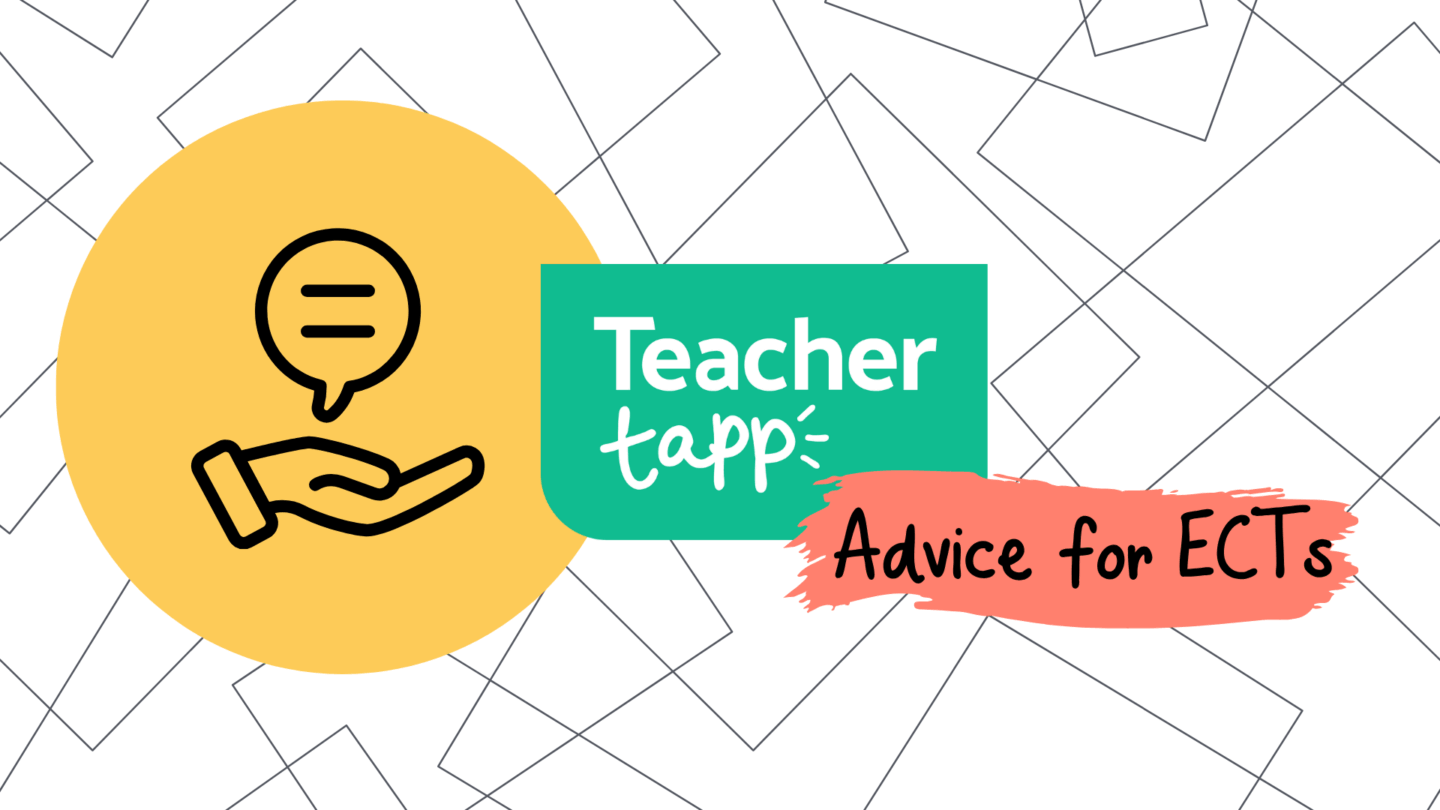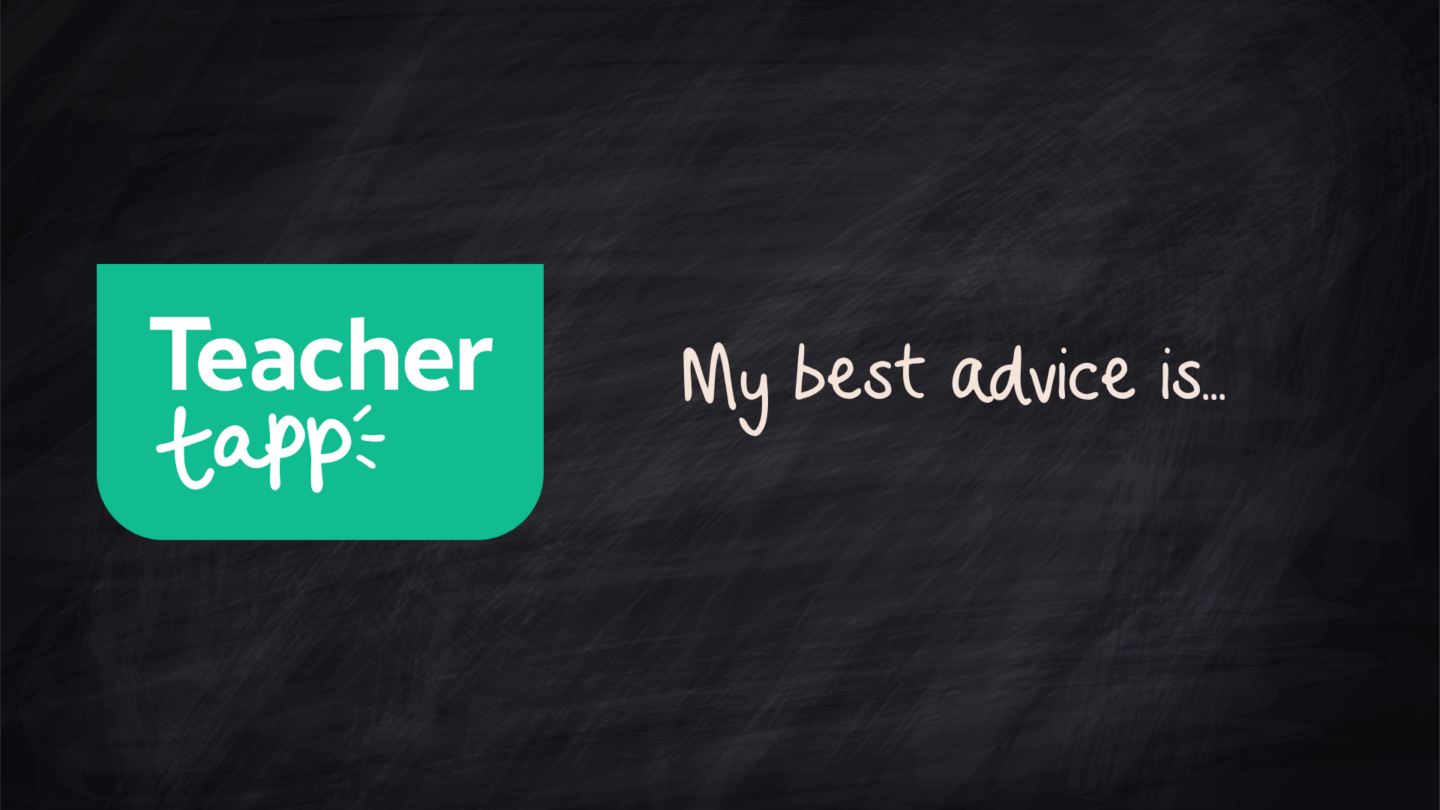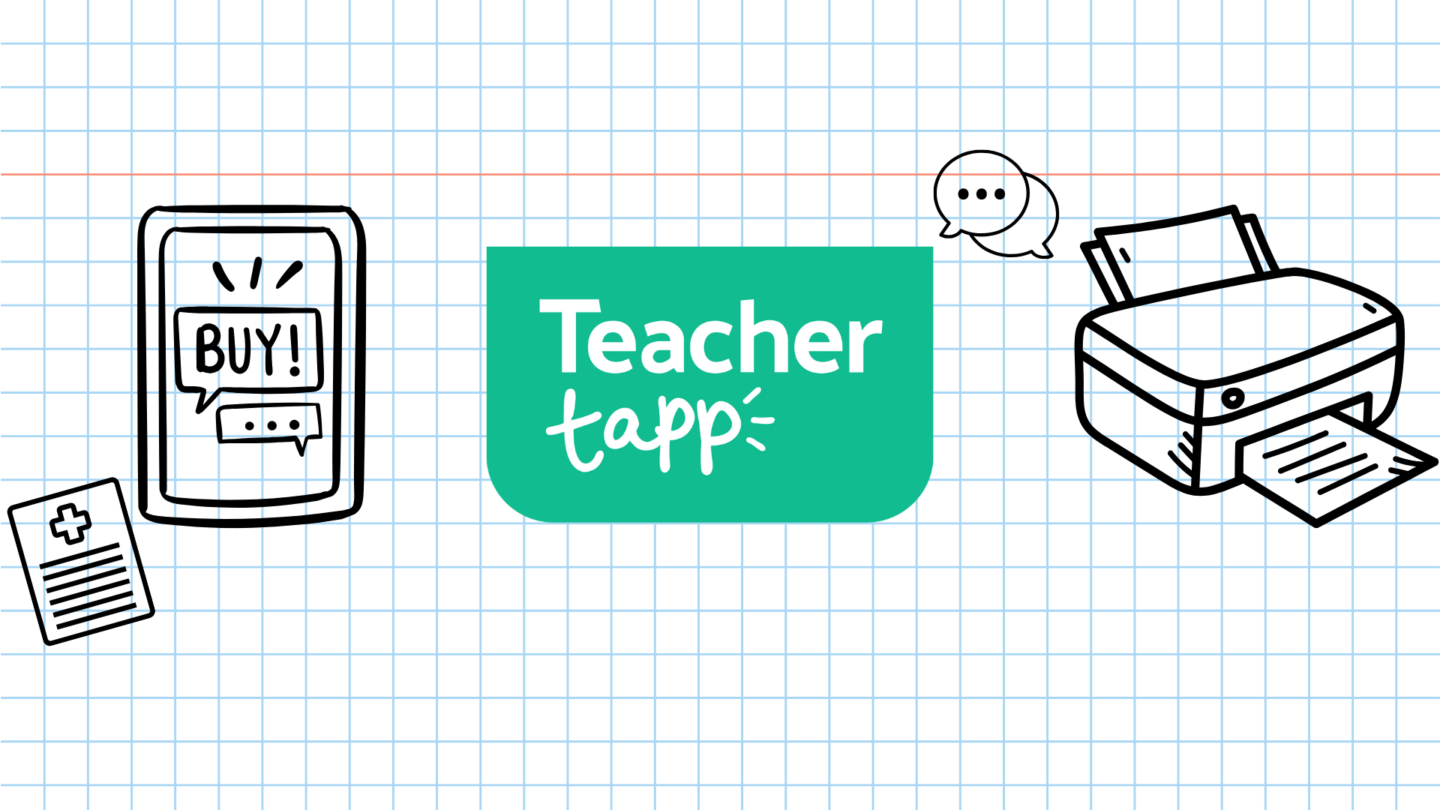Long-time Tappsters will know that we’ve been keeping an eye on the implementation of the Early Career Framework (ECF) since it launched in September 2021.

We’ve published three in-depth reports…
The first, Early Career Teachers: The Story So Far, highlighted dissatisfaction with materials and training amongst Early Career Teachers (ECTs) and their mentors, along with complaints about additional workload. On the plus-side we found that ECTs really like working with their in-school mentors.
For the second report, we worked with the Gatsby Foundation to produce Where Next for the Early Career Framework? This report emphasised the overlap between initial teacher training (ITT) and the ECF, as well as a lack of subject / phase specific content. Despite this, teachers and leaders remained supportive of the Framework in general.
Our third report (again with the Gatsby Foundation) looked over the The First 18 Months of the Framework’s implementation. It identified timetabling issues, ongoing concerns about the lack of subject / phase specific content and presented findings demonstrating that in particular, external elements of the Framework provision were not popular.
And these reports made a difference! Teachers view, as shared via Teacher Tapp, were influential in amendments to the framework recently announced by the DFE.
From September 2025, ECF and ITT curricula will be rolled into one framework therefore reducing overlap. There are also reforms to increase, amongst other things, subject and phase specific content.
Which changes will make the most difference?
We checked your views on the new Framework shortly after the announcement was made. Clearer progression from ITT to ECF (as we had called for!) was very popular, but the new reform that you thought would make the most difference is the proposal to increase training for teaching children with special educational needs and disabilities (SEND).

This is for all teachers, but there are some subtle differences that are worth looking at…
Primary teachers were significantly less interested in the phase specificity of the new ECF framework, and significantly more interested in the additional SEND training.

School leaders, even more so…

But what of those closest to the Framework, i.e. the ECTs who are going through it? These teachers were more likely than their colleagues to identify subject / phase specificity as the change that will make the most difference – just as we identified right at the start.

A final look at the current Framework
We will write another report when the new Framework is established, so this year we have just one last check on how the current framework is going.
Generally little has changed since our last report (so read that!) but here are three positives & three negatives from the most recent data:
3 things that aren’t working
❌ Two-thirds of ECTs don’t feel like they’ve learnt anything new from the ECF
❌ Three-quarters of mentors and two-thirds of ECTs report that the ECF adds a lot to their workload
❌ Feedback on quality of ECF materials is getting worse; 28% of ECTs say materials are clear (was 36% in 2022).
3 things to be positive about
✓ Flexibility and contextualisation of materials is getting better; 17% of ECTs say materials are applicable to their context (was 11% in 2022)
✓ There are growing indications that the ECF might help teacher retention; 26% of ECT say they are more likely to stay as a result of the support provided (was 21% in 2022)
✓ 40% of ECTs say the support provided by the ECF is making them better teachers (was 30% in 2022).





